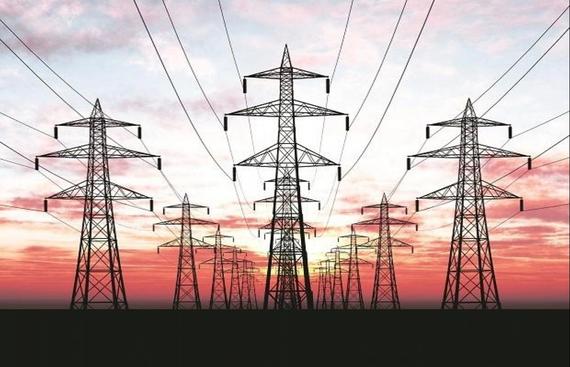Chandigarh Calls for Bids to Completely Privatize the Power Discoms

Chandigarh turns out to be the first Union Territory to provide its power distribution company for complete privatization, it has already issued a tender inviting bid for the same. However, Discoms privatization was a part of the Centre’s Aatmnirbhar Bharat Plan that was announced in May to recover the country’s economy.
The electric wing of the engineering department of Union Territory of Chandigarh has invited bids from the interested entities after meeting the qualification requirements, to take part in the competitive process for Selection of the bidder for purchasing 100 percent shares in Distribution Company responsible for distribution and retail supply of electricity and having distributed license in the Union Territory of Chandigarh.
The price of the request for proposal (RFP) document is estimated to be five lakh, however, the interested bidders would have to submit  10 lakh bank guarantee as bid security amount, according to the notice released by the department. The purchase of RFP would close on December 23, 2020, and of bid submission is December 30, 2020.
10 lakh bank guarantee as bid security amount, according to the notice released by the department. The purchase of RFP would close on December 23, 2020, and of bid submission is December 30, 2020.
Union Finance Minister Nirmala Sitharaman has announced that the power distribution business of Union Territories would be privatized. She had further stated that the model for emulation by other utilities throughout the country would lead to better service to consumers and enhance the operational and financial efficiency in power distribution.
Likewise, Delhi is the only Union territory which has private power discoms that is operated by Reliance Infrastructure’s BSES and Tata Power Delhi Distribution in Separate areas. Union territories would come under the Union government to make the process of privatization easier. Apart from Mumbai, Surat, Ahmedabad, and Kolkata, no other cities have private discoms. On par with the average operational loss of about 21 percent of all state-owned power discoms, the losses of private discoms in these cities would be within the range of 8-11 percent. However, Odisha and Rajasthan would have private distribution franchisees in selective towns.
The last discoms reform scheme UDAY, hovered by the BJP government in its first term, concluded in FY20 with most of the states failing to meet their stipulated targets. However, the Aggregate Technical & Commercial (AT&C) losses or power supply loss due to its inefficient systems was supposed to drop down to 15 percent while the average cost-revenue (ACS-ARR) gap of discoms falls to zero by FY20. Alongside, AT&C loss currently stands at 23.9 percent and the cost-revenue gap at 0.53 paisa.
